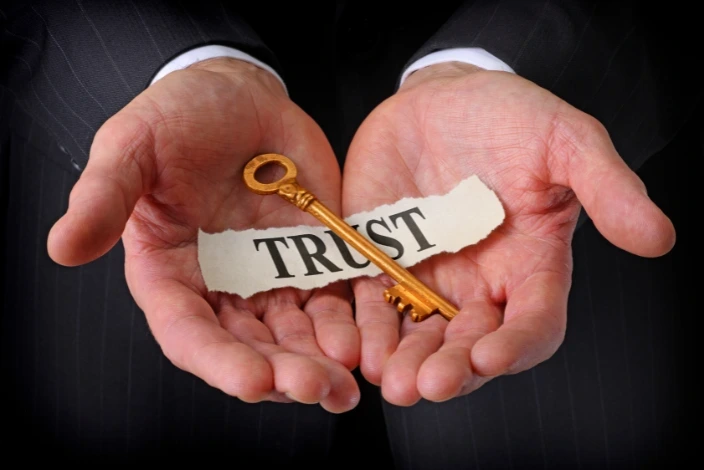Trust as the Currency of Boards

In my many years of working with boards, one truth has remained constant: The most effective boards are those built on trust. It is the real currency of governance, shaping how directors engage, decide, and lead.
The Value of Trust
Trust is the quiet force that holds a board together. It allows directors to speak openly, to challenge ideas without fear, and to stay aligned even when opinions differ. Without it, even the most capable boards struggle. Conversations become cautious, decisions are delayed, and governance turns into compliance rather than stewardship.
Consider this: Boards rarely have all the facts they need. They make decisions based on judgement, experience, and faith in each other’s integrity. Trust makes that possible. It lives in the relationships between directors, in the confidence placed in management, and in the reputation that the board earns from stakeholders who believe in its ethical leadership.
Creating a Culture of Trust
Building trust takes time and consistency. It grows when communication is honest, when roles are clear, and when difficult issues are addressed rather than avoided. It strengthens when the chairperson leads with fairness, empathy, and integrity, setting the tone for respectful and transparent engagement.
When trust is broken, restoring it requires humility and action. Acknowledging mistakes and following through on commitments are what rebuild credibility. Avoiding the issue only deepens the divide.
Going Beyond Compliance
Trust is the board’s most valuable yet most fragile asset. It cannot be created by policy or guaranteed by position. It has to be earned, nurtured, and protected by every director in every interaction. Boards that understand this go beyond compliance. They embody true leadership, grounded in credibility, purpose, and integrity. In doing so, they build the kind of trust that not only strengthens their organisations but upholds the very essence of good governance.
Image: © DNY59 from Getty Images Signature via Canva.com






